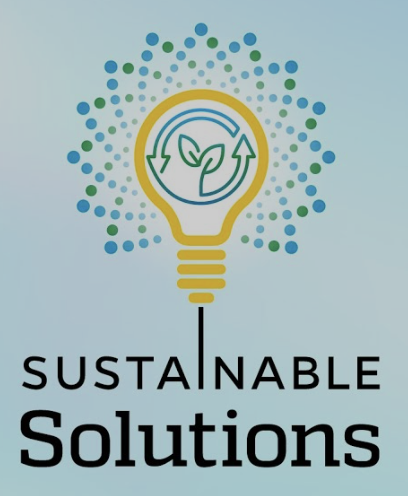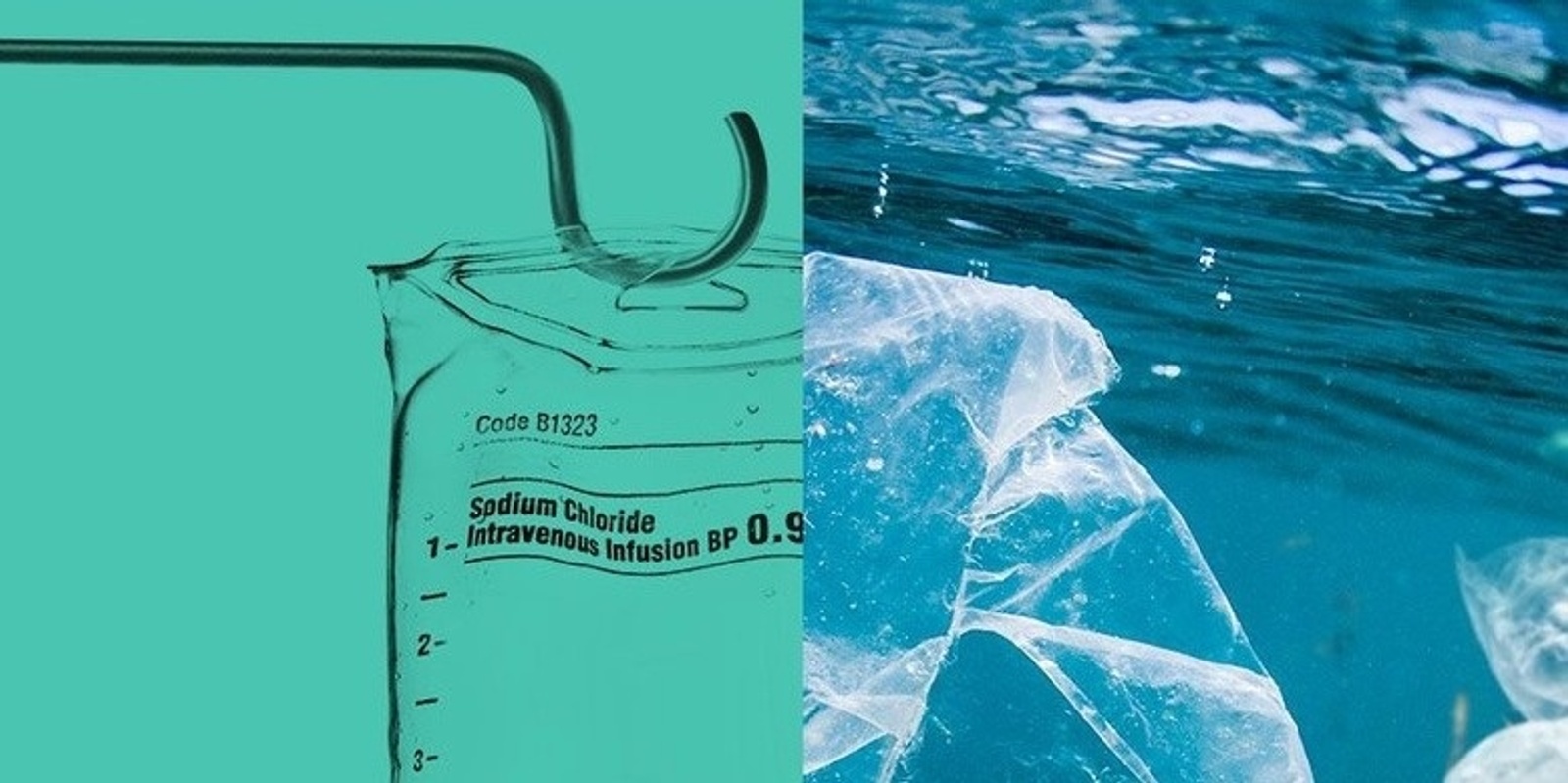Shift Now - The Sustainable Healthcare & Climate Solutions Roadshow - 9th Jan 2025
Event description
The Shift Now Roadshow is back.
Welcoming sustainable healthcare supporters and those interested in learning more in low waste, high value solutions, our second Shift Now event takes place in Dublin on Thursday 9th January from 6-9pm in the Clarence Hotel.
Event Overview:
Our healthcare systems and societies face unprecedented challenges, but together, we can take small steps that make a huge impact. This event includes presentations, a Q&A session and an opportunity to connect and learn with like-minded people with an interest in accelerating and scaling sustainability solutions across our systems.
Hybrid event
This is primarily an in-person event however we will have an opportunity for those who cannot make it in-person to join online between 7-8.45pm. Online links will be sent out on the 8th January to your registered email address.
We are delighted to include both healthcare professionals, and also non-healthcare individuals who are involved in sustainability and/or climate risk mitigation and are interested in supporting this initiative.

OUR PROBLEMS
Unsustainable systems
Healthcare and many other systems in place today are not sustainable if we continue in our current path. Costs, patient numbers and complexities are increasing annually, whilst staffing and facilities are being stretched beyond their capacity.
Growing climate impacts
On top of this, climate event impacts are becoming increasing burdens on health, economy and societal structures, globally and locally. We are on track for severe challenges to society and health if we do not rapidly pivot and mitigate risks through decarbonisation and other system transformations.
Our health is dependent on Maslow’s hierarchy
Irrefutable evidence shows we are facing severe global threats to the fundamentals of societal security with risks to food, water and other resources supply, financial systems, inequality, mass migration, and social conflict. Our health is completely dependent on the ecosystems we live in, and as healthcare leaders we are taking this on.
A new way of thinking
The health community now recognizes fossil fuels as significant health hazards, contributing to an estimated 5.1 million excess deaths per year globally due to air pollution. The healthcare system itself contributes over 5% of global fossil fuel emissions, exacerbating climate-related health impacts. However, we have an opportunity to reverse this trend. By decreasing emissions and improving our patient care delivery, we can make a substantial impact.

Photograph acknowledgement: Royal College of Surgeons England
OUR SOLUTIONS
Following on from the sold out evening on the 16th October, our multi-sector team of collaborators are gathering again to build further momentum as we bring urgency and scale to drive better, tailored more sustainable healthcare.
Driving patient tailored care - more efficient, improved use of resources
Driving down unnecessary and wasteful care in hospitals and primary care through the reduction of the 30% of healthcare that is deemed to be low-value and 10% that is considered to be harmful. Surprisingly only 60% of healthcare is to regarded to be high value care, and by identifying what is not high value healthcare we have developed programs that target reducing non-indicated testing, medications, and management.
This streamlining approach will ultimately enhance our stretched healthcare systems and focus on what really matters, and reduce futile use of limited resources. This is better, tailored healthcare model also starts to reduce our significant greenhouse gas emissions, which are more twice that of global aviation.
Decarbonising international healthcare
This ‘getting our house in order’ approach is crucial as we drive down our 5% contribution to global emissions from healthcare. We are also leveraging our unique position of trusted and influential health leaders to meet the climate crisis head on with enhanced advocacy and engagement with policy makers, and other key persons of influence in communities, industries and governments.
Healthcare influence on global industries
Healthcare leaders and organisations can have a huge impact on the remaining 95% of global emissions by demonstrating the severe health threats from climate impacts, and the absolute need for other industries to follow healthcare and rapidly decarbonise and accelerate systems transformations to a sustainable future.
OUR TEAMS AND LEVERS
Leaders from across Irish, UK and Australian healthcare and other relevant systems will be sharing insights and experiences, case studies and success stories. Continuing October’s successful and enjoyable theme with high audience participation we will be showcasing engaging topics highlighted below.
- Key themes include:
Critical mass and social proof
How will we engage our communities, clinicians and executive colleagues in the transition to Sustainable Healthcare? A dual approach harnessing top-down and grassroots engagement and leverage is vital to success.
Strategic coordination is crucial also and we will discuss how we are driving these key components to find win/wins for all stakeholders which is a key to success.
Value-based care
Reducing low-value care, and promoting high-value care are new concepts that have started to permeate healthcare circles, but what do they mean, and how do we implement these concepts?
We will share successful examples, and practical strategies to bring more efficient, less wasteful programs to life in your workplace.
Reducing unnecessary pathology and radiology testing, de-prescribing polypharmacy, and promoting more nature and social-based approaches are key examples to how we are sparking behavioural change which catalyses the mindset change essential for widespread clinical transformation.
Low carbon care is high value care. It is often better, more appropriate and more cost effective healthcare which focuses on the patient as an individual and cleaves the 30-40% of low value and harmful care we currently provide.
Building capacity
Effective strategies and concepts are futile if they are not resourced to do so. Capacity building is through our people, and we will discuss the three pathways to engage our teams in a sustainable and long term approach.
- i) UNPAID ROLES
Volunteer champions are important but quickly burn out and require support from a funded organisational structure. - ii) ADDING TO CURRENT ROLES
Integrating sustainability roles and responsibilities into current jobs and workplans is good in theory but is challenging in practice as our clinical teams are already at maximum capacity.
- iii) DEDICATED FUNDED ROLES
A key strategy for success is to fund specific Sustainable Healthcare roles within hospitals and primary care systems. By demonstrating real cost savings, business cases can be utilised to create new, innovative clinician-led roles which focus on decreasing low-value care and simultaneously delivering enhanced patient care, lower healthcare costs, and decreased waste and carbon footprint.
Moving the money
As Archimedes identified, if we can identify the right lever, we can move the world. There is no more powerful lever than money to drive solutions across systems.
Whilst our focus is primarily on patient care, improving efficiencies and healthcare decarbonisation, this will not be sufficient to prevent health and climate catastrophe. We need to be aware of the whole ecosystem to find real global solutions, and finance is a vital component to success.
Shifting finance is crucial in two aspects:
- Funding new sustainability roles
Harnessing healthcare cost savings to fund new Sustainable Healthcare positions which will build an integrated and impactful network across our health systems.
- De-funding fossil fuels industries
We are working towards unleashing the potential of global healthcare organisations and workforce to ‘move its money’ away from the health hazards that fossil fuels are accepted to be.
Air pollution from fossil fuel use accounts for over 5 million extra deaths a year as reported in the British Medical Journal in 2023.
In 2021, global healthcare spending was 10.3% of the global gross domestic product (GDP), or $9.8 trillion. Shifting the healthcare economy off fossil fuels can lead to the global economic tipping point needed to finally phase out coal, gas and oil, through a sustainable, planned and equitable approach.

Why Attend?
Our healthcare systems face unsustainable challenges due to funding limitations, increasing and ageing populations and escalating risks from climate related impacts. 30% of healthcare practices are considered low value, providing little or no benefit to patients. By collaborating, we can deliver better, tailored care, reduce waste, and optimise health funding.

Event Details:
- Date: Thursday 9th January 2025
- Optional drop in times:
6-7pm Drinks & Canapes
7-8.45pm Short impactful talks
and Q&A with the panel
After Social gathering
- Location: The Rose Room,
The Clarence Hotel,
6-8 Wellington Quay, Dublin 2
GUEST SPEAKERS AND PANELLISTS INCLUDE:
- Prof Hugh Montgomery OBE
Professor Intensive Care, University College London,
Co-chair, The Lancet Countdown on Health and Climate Change
Geneticist, Author, Co-Founder Real Zero - Dr Cathy Burke
Consultant Obstetrician & Gynaecologist, Cork University Maternity Hospital
Chairperson of the Green Group at Cork University Maternity Hospital
Representative with Irish Doctors for the Environment
- Prof Seamus O'Reilly
Consultant Medical Oncologist, Cork University Hospital
Hon Associate Professor, University College Cork
Member, ESMO Climate Change Task Force - Dr Brian O’Connell
Emergency Physician, General Practitioner, Climate Risk & Sustainable Healthcare Clinical Lead, Australia.
Net Zero Lead for NSW Emergency Departments
Board Director, Climate and Health Alliance Australia, UNSW Conj Lecturer,
Deputy Chair, Sustainable Emergency Medicine and Climate Advocacy Network, ACEM - Ciarán Hughes
Certified Financial Planner at Ethico
Expert in pension & investment solutions
TedX Talk: Could 60 Trillion Dollars Solve the World's Biggest Problems? - Dr Ana Rakovac
Consultant Chemical Pathologist
Chair, RCPI Advisory Group on Climate Action
Chair, Green Team Network, HSE - The team from Change by Degrees
More leaders and experts to be announced!

Opportunities:
- The 7Acts
- What are they? And how can the 7Acts catalyse a tipping point towards global climate solutions?
- What are they? And how can the 7Acts catalyse a tipping point towards global climate solutions?
- How Moving our Money can help solve the Climate Crisis
- Make My Money Matter
- Irish focused resources available soon
- Does voting make difference for the Health and Climate Crisis?
- Moving healthcare facilities towards plant-based menus
- Reducing Low Value Care
- Unnecessary pathology testing
- De-prescribing Unnecessary Medications
- The Gloves are Off!
- Energy stewardship
- CT switch for savings
- Lights off / Computers off initiatives
All feedback welcome. Please add to registration form or as required.
Please add dietary requests.
The October event was free and this event has low cost tickets to cover the event costs.
If there is any surplus from ticket sales, this can be donated to the Irish Doctors for the Environment as a registered charity.
Tickets for good, not greed Humanitix dedicates 100% of profits from booking fees to charity
